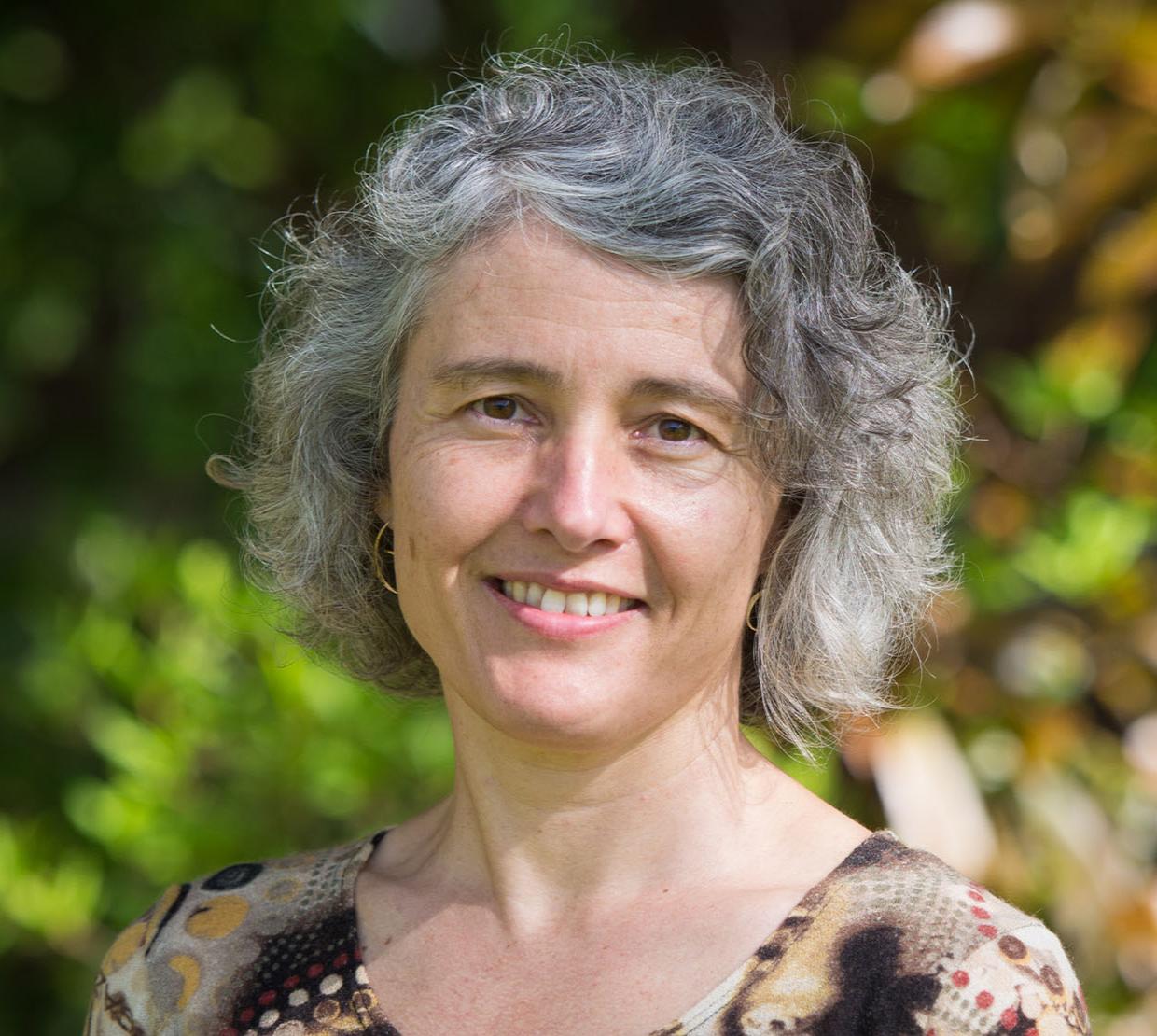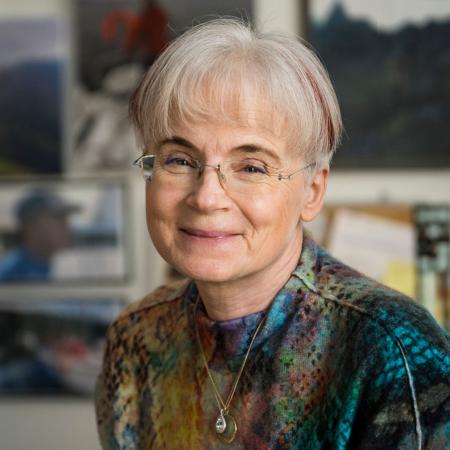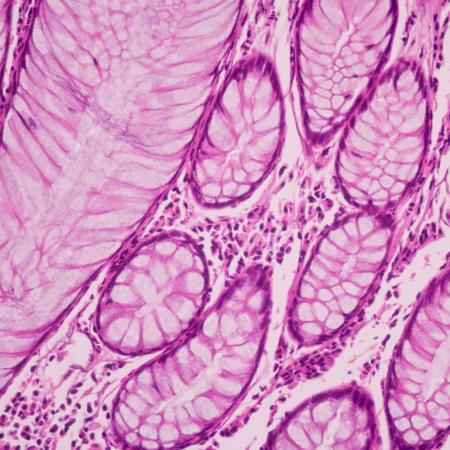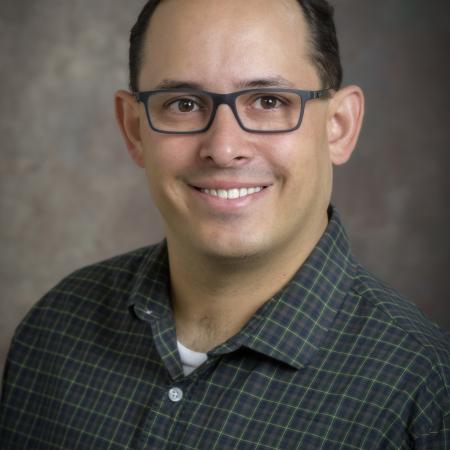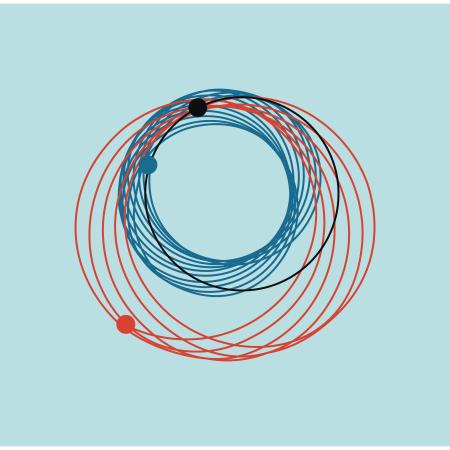This is an article in our series on Faculty Researchers. This series of articles will highlight mathematics faculty research contributions within the various curricular areas in the mathematics department.
Professor Christine Escher’s research falls into two major areas of mathematics: algebraic topology and differential geometry. Her current research emphasizes algebraic topology to explore an important link with differential geometry. In joint work with Catherine Searle (Wichita State University), they ask whether geometric properties of a manifold, such as the existence of a metric with positive or non-negative curvature, imply specific restrictions on the topology of the manifold. One of the major challenges in this area is to understand how local invariants such as curvature, telling how much a space “bends,” relate to global topological invariants, such as the fundamental group, which tells how “connected” a manifold is. Manifolds with curvature bounds have been of interest since the beginning of global Riemannian geometry (early 1900's). By now, the mathematical community has a good understanding of the topology of the class of complete Riemannian manifolds with an upper curvature bound of zero. However, the class of Riemannian manifolds with strictly positive or zero lower curvature bound remains unclassified, and to date, only a small number of examples of such manifolds are known. Some of the oldest conjectures in the field, for example the Hopf conjecture (which posits that the four dimensional manifold that is the product of two 2-spheres does not admit a metric of positive sectional curvature), also fit into this subject. The work of Escher and Searle explores ways to better understand the topology of spaces with lower curvature bounds under the additional assumption of symmetries. One part of this project now also includes graduate student Zheting Dong, whom Escher and Searle are co-advising.
In the past two years Escher received several grants including funding from the Mathematical Sciences Research Institute (MSRI), the Association for Women in Mathematics (AWM) and the Max Planck Institut for Mathematics, in Bonn, Germany to pursue this research. Starting this Fall, she has also received funding from the Simons Foundation’s Mathematics and Physical Sciences (MPS) division for a Simons Collaboration grant in MPS.
During the past year Escher has advised a Masters student, Suresh Ramasamy, who is also completing his PhD in mechanical engineering. They have been working on an expository paper on the use of Lie algebra theory in the analysis of the movement of a snakeboard, which is a modified version of a skateboard in which the front and back pairs of wheels are independently actuated.
“It has been a pleasure to work with Suresh and learn a different application of differential geometry.”
During 2017-18, Escher ran a seminar in a new field, called topological data analysis. The goal is to use tools from algebraic topology, more recently also differential geometry, to study the structure of large data sets. During the year, she invited several colloquium speakers in topological data analysis, including Vin de Silva of Pomona College, Bryn Keller from Intel, Bala Krishnamoorthy from Washington State University, and Dev Sinha from University of Oregon. In May of 2018, her Masters student Branwen Purdy finished an expository paper in topological data analysis, in particular on sensor coverage.
